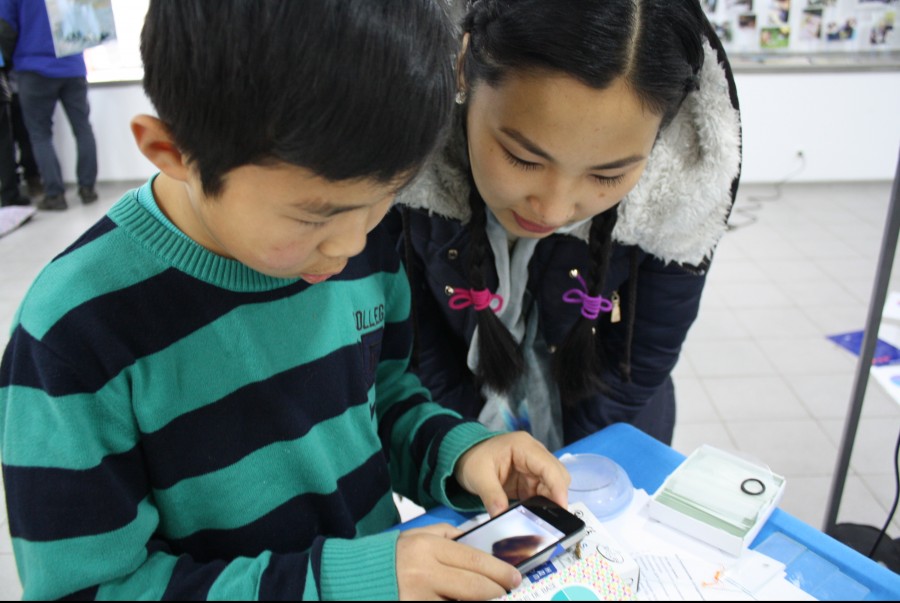
A special feature of the project is the citizen science approach, i.e. involving people without a scientific background - pupils, teachers, farmers and local government officials - in the collection of scientific data, its analysis and interpretation. Given the limited availability of environmental data at the local level, especially in remote regions, this opportunity is very valuable for the citizens involved, as they can increase their knowledge about their environment and gain a scientific basis for discussing and responding to environmental change at the local level.
The aim is to increase the level of environmental education in the mountain regions of Kyrgyzstan through the study of the local environment by conducting citizen research and providing access to the obtained information to all who wish, in order to make informed decisions regarding the environment.
The environmental education component was used in the projects "Ecosystem-based approach for adaptation to climate change in the Central Asian mountain regions" and "Protection of the snow leopard through the development of an integrated pasture management plan with the local community",
In other words, environmental issues are addressed directly through practical experiments and interactive exercises, which contributes to a deeper understanding of the topic and thus to better environmental management and planning.
The main products of the Environmental Education component are the practical manuals "Learning about Water through Experiments", "Plant Phenology and Climate", and "Snow Leopard Protection and Conservation". The manuals contain instructions on conducting experiments and exercises in certain topics for secondary schools.
The manuals are created on the basis of project activities that include joint development of experiments with pilot schools, their testing, training for teachers, data collection, data processing and presentation of results at educational exhibitions, seminars and round tables for stakeholders. During the reporting period, similar activities took place in twelve schools in Ak-Tala, At-Bashy and Naryn districts of Naryn province.
Another result of the project was the social and educational exhibition "Through Water: Civic Research in Naryn Schools", where project participants presented the results of their research in the form of models, videos, installations, models of changing water properties, etc.
In addition, the e-book "Through Water" on the theme of the social and educational exhibition, which is the documentation of school projects prepared by students based on experiments conducted on analysis and study of water resources of their villages, was issued. Also based on the water and phenology manuals, the mobile applications "Aquatic Organisms" and "Plant Phenology" are being prepared for release. These apps will serve as a platform for collecting, analysing, interpreting and sharing information gathered from citizen research. The apps will be available for download to mobile phones through the Android Play Store.